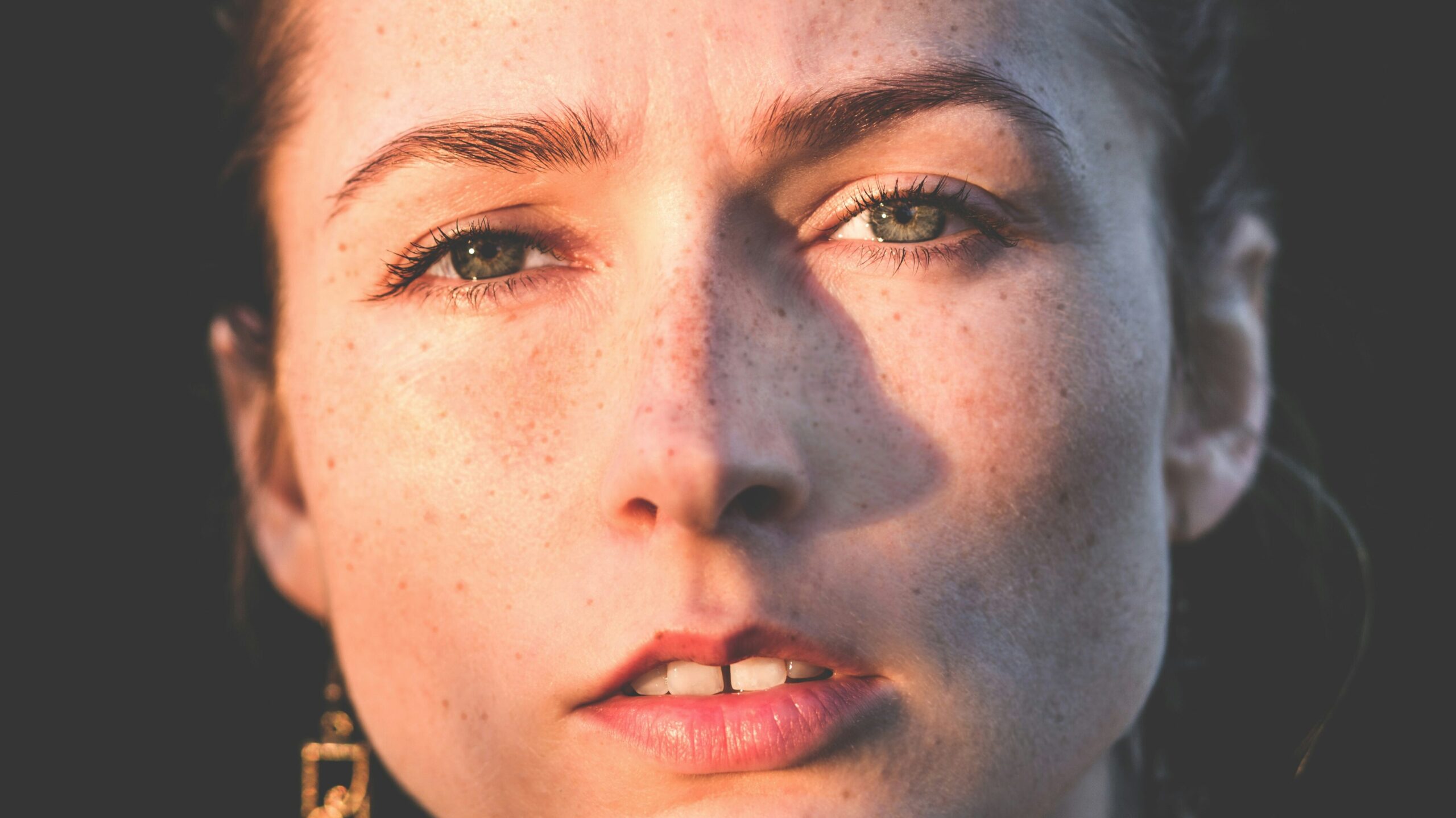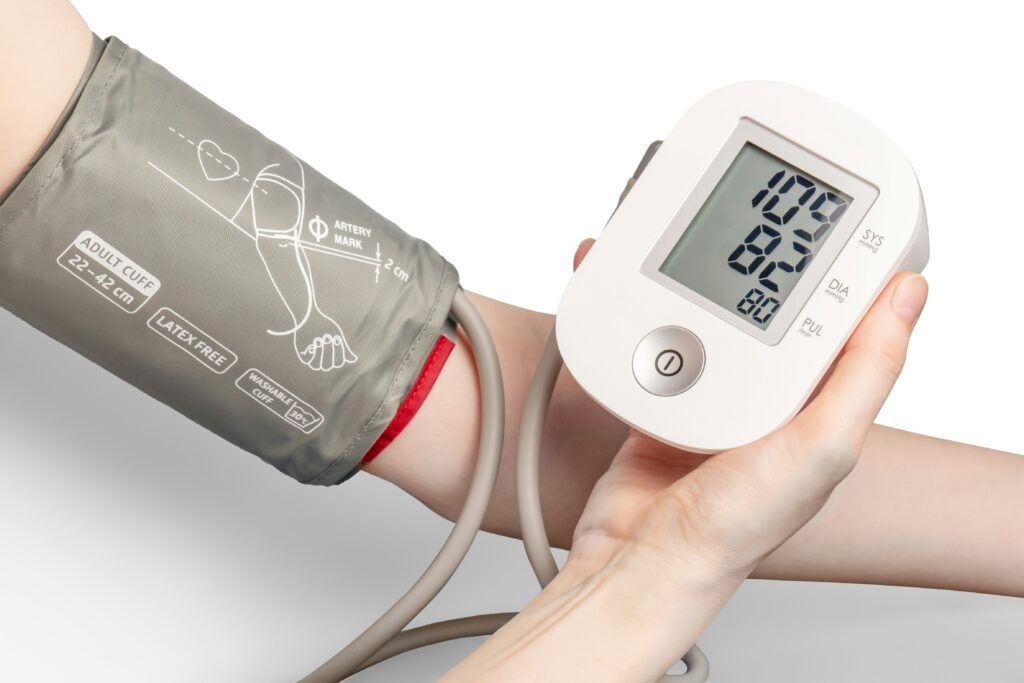Pimples, or acne, are common skin issues that affect people of all ages, especially teenagers. They occur when the skin’s oil glands become clogged with dead skin cells, oil, and bacteria. This mixture causes the area around the pore to become inflamed, leading to the formation of a pimple. Pimples can appear anywhere on the body, but they’re most common on the face, neck, chest, shoulders, and back.

Causes of Pimples
1. Excess Oil Production: Our skin naturally produces an oily substance called sebum, which keeps the skin hydrated. However, excess sebum can clog pores, leading to pimples. Hormonal changes during puberty, menstruation, or pregnancy often trigger increased sebum production, making acne more common during these times.
2. Clogged Pores: Dead skin cells usually rise to the surface and shed naturally. But when they don’t shed properly, they can mix with sebum and block the pores, creating an ideal environment for bacteria to grow.
3. Bacterial Growth: A type of bacteria called Propionibacterium acnes (P. acnes) thrives in the oily pores and can multiply quickly in clogged pores, causing inflammation. This bacterial growth often results in red, swollen pimples.
4. Hormonal Changes: Hormones, particularly androgens, increase during puberty, causing glands to enlarge and produce more oil. Hormonal changes during menstruation or pregnancy can also trigger breakouts, which is why many women experience pimples during these times.
5. Diet: Certain foods, especially those high in refined sugars, dairy, and high-glycemic foods, can trigger acne. Research suggests that foods with a high glycemic index can increase blood sugar levels, which, in turn, triggers hormones that boost oil production.
6. Stress: Stress doesn’t directly cause pimples but can worsen existing acne. When stressed, the body produces more cortisol, a stress hormone that can increase oil production and inflammation, which may worsen acne.
7. Genetics: If you have a family history of acne, you’re more likely to develop it. Genetics can determine skin type, oil production, and how skin reacts to hormonal changes, making some people more prone to pimples.
8. Cosmetics and Skin Care Products: Certain cosmetics and skin care products contain oils or ingredients that can clog pores. Make sure to use non-comedogenic or oil-free products if you’re prone to acne.
How to Stop Pimples from Coming on Your Face
While it may not be possible to eliminate pimples entirely, there are ways to significantly reduce breakouts. Here are some effective strategies:

1. Maintain a Consistent Skincare Routine
• Cleansing: Wash your face twice a day with a gentle cleanser. Avoid harsh soaps or products with strong fragrances that can irritate your skin.
• Exfoliating: Exfoliate gently to remove dead skin cells, but don’t overdo it. Exfoliating 2-3 times a week can help clear pores without causing irritation.
• Moisturizing: Use an oil-free, non-comedogenic moisturizer to keep your skin hydrated. Even if your skin is oily, using a moisturizer can help balance oil production.
2. Use Acne-Fighting Ingredients
• Salicylic Acid: Salicylic acid is effective at removing dead skin cells and unclogging pores, making it ideal for preventing blackheads and whiteheads.
• Benzoyl Peroxide: This ingredient kills acne-causing bacteria and helps reduce inflammation. It’s available in various forms, such as cleansers and spot treatments.
• Retinoids: Topical retinoids can help keep pores clear and improve cell turnover, reducing acne. However, retinoids can be strong, so it’s best to start with a lower concentration.
3. Watch Your Diet
• Limit Dairy and Sugary Foods: Dairy products and sugary foods can trigger breakouts in some people. Try to reduce your intake of these foods and opt for healthier options like fruits, vegetables, and whole grains.
• Incorporate Omega-3 Fatty Acids: Foods rich in omega-3s, such as fish, flaxseeds, and walnuts, have anti-inflammatory properties that may help reduce acne.
4. Stay Hydrated
Drinking enough water helps keep your skin hydrated and may prevent excess oil production. Hydration also supports skin’s ability to shed dead cells properly, reducing the risk of clogged pores.
5. Don’t Touch Your Face
Touching your face transfers dirt, oil, and bacteria from your hands to your skin, which can cause pimples. Avoid picking or popping pimples, as this can cause scarring and worsen inflammation.
6. Manage Stress
Since stress can exacerbate acne, practice stress-management techniques like exercise, meditation, and deep breathing exercises. Regular exercise boosts blood circulation, which can help improve skin health.
7. Use Non-Comedogenic Products
Look for non-comedogenic, oil-free skincare products that won’t clog your pores. This applies to makeup, sunscreen, and moisturizers. Always remove makeup before going to bed to let your skin breathe.
8. Get Adequate Sleep
Sleep plays a crucial role in regulating hormones and reducing stress. Poor sleep can lead to an increase in cortisol, which can exacerbate acne. Aim for 7-8 hours of sleep each night to support healthy skin.
9. Use Sun Protection
The sun’s UV rays can damage skin and lead to inflammation, which may worsen acne. Use an oil-free, non-comedogenic sunscreen every day, even if you’re indoors, as UV rays can penetrate windows.
10. Consult a Dermatologist
If your acne is persistent or severe, it’s best to consult a dermatologist. They may prescribe topical or oral treatments, such as antibiotics, birth control pills (for hormonal acne), or stronger retinoids, to help manage breakouts.
Natural Remedies to Prevent Pimples
1. Tea Tree Oil: Tea tree oil has natural antibacterial properties that can reduce acne-causing bacteria. Dilute it with a carrier oil and apply it as a spot treatment on affected areas.
2. Aloe Vera: Aloe vera has soothing properties that reduce inflammation. Applying a thin layer of aloe vera gel can help reduce redness and irritation from pimples.
3. Honey: Honey has antibacterial properties and can act as a natural humectant, drawing moisture into the skin. Apply a small amount on pimples and leave it for about 10-15 minutes before rinsing.
4. Green Tea: Green tea is rich in antioxidants and can help reduce inflammation. Apply cooled green tea to the skin with a cotton ball or drink it regularly to support skin health from within.
Conclusion
While pimples are a common problem, taking proactive steps can help you manage and reduce them effectively. Maintaining a healthy skincare routine, using the right products, and making lifestyle adjustments can make a significant difference. Remember, consistency is key, and changes in your skin won’t happen overnight. If you’re dealing with persistent or severe acne, don’t hesitate to seek professional help from a dermatologist.
Disclaimer: The information provided on Timeshub360.com is for general informational purposes only. All content is gathered from credible sources and presented to the best of our knowledge. However, Timeshub360 does not make any warranties about the completeness, reliability, or accuracy of this information. Any action you take based on the information on this website is strictly at your own risk. Timeshub360 will not be liable for any losses or damages in connection with the use of our website. Always consult a professional or conduct your own research before making decisions based on the information provided here.


